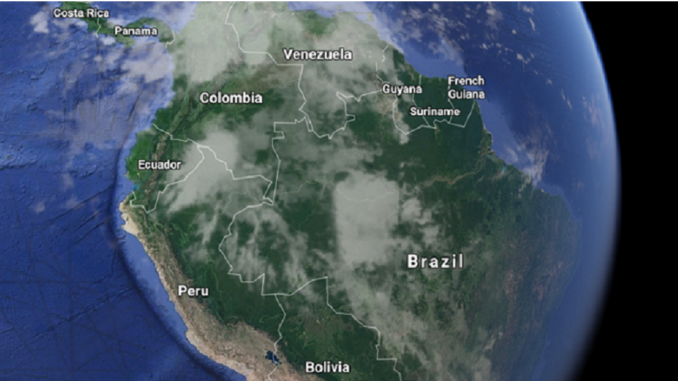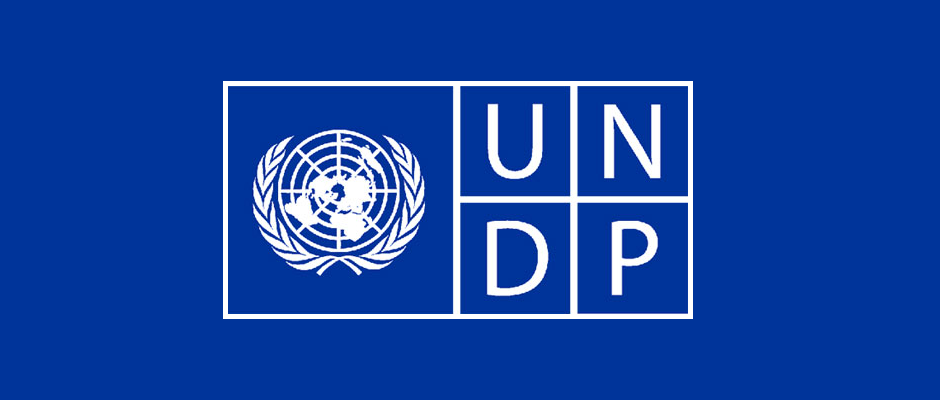
One of the most profound changes that have taken place in Latin America in recent decades is local democratic governance, driven largely by decentralization processes, and also by democratic ideals to open new spaces for citizen participation. Economic growth, urbanization, increased demand for localized public services, cumbersome centralized planning and management processes, the absence of the State within the national territory, and disenchantment with national governance have helped move the focus towards decentralized governance.
For almost four decades now, most national governments in Latin America, including Colombia and Peru, have designed institutional arrangements (diverse in form, scope and depth) of deconcentration, delegation and / or devolution of power to subnational governments (states, provinces, departments, municipalities, parishes, counties, districts, communes), and are supporting the gradual financial transfer of resources from the national budget.
The notion of decentralized governance involves a certain level of capacity of local public government institutions, to deliver services, engage with citizens, and to articulate with national government policy initiatives. Decentralized governance involves empowering local citizens and community organizations in decision-making processes. Over the past three decades decentralization and local governance support has become a major area within international development cooperation.
Over the past three decades the decentralization and local governance processes in Latin America, as well as in Colombia and Peru, have become major fields of support by bilateral and multilateral donors. Support has generally focused on laws, norms, financial and fiscal systems, as well as transparency and social accountability. In fact, donors have been among the most influential promoters of decentralized governance in Latin America, using aid as a means to support reform and initiatives. Yet, there have been limited systematic cross-country or comparative evaluations of donor support for decentralized governance, considering the effectiveness of such aid. Available empirical evidence about the impact of these efforts is generally limited, and shows mixed results.
Gerardo Berthin (2018) seeks to systematically analyze and compare two donor-funded projects: Consolidation and Enhanced Livelihood Initiative (Central Region) in Colombia, and the ProDecentralization Project in Peru in the context of aid-effectiveness. He highlights the distinctive elements of the approaches, and the role of key actors, including donors. Through the analytical framework lens of the four principles for effective aid (ownership, managing for results, inclusive partnership, and mutual accountability and transparency), the paper will focus on lessons about donor-supported approaches, and how they articulated with national policy frameworks, and the type of engagement strategies used to engage local communities.
The limited evidence analyzed in the paper suggests that donor support for decentralized governance can have value to countries’ policies, initiatives, processes and reforms. Achieving the principles of aid effectiveness requires continuous dialogue and flexibility, but also a clear focus on securing commitments from donors and government counterparts. A process of strengthening information and transparency about aid is likely to serve accountability requirements in both donor and recipient countries. Strengthening country systems remains a critical challenge to building mutual accountability and improving decentralized governance.
Read the full paper:
Gerardo Berthin. 2018. The Role of Donors in Strengthening Local Governments and Decentralization: Lessons from Colombia and Peru. Prepared for delivery at the 2018 Congress of the Latin American Studies Association, May 23 – 26, 2018, Barcelona, Spain.



